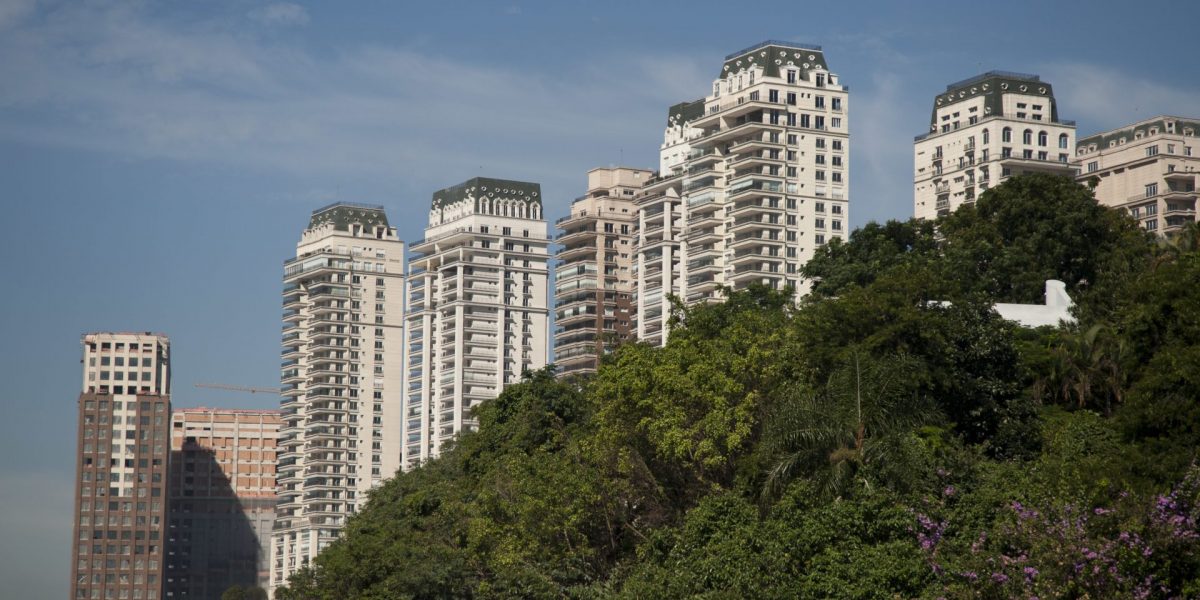Introduction
Local governments – cities, towns and districts – are at the forefront of translating global climate and environmental commitments into tangible action. As the level of government closest to communities, they deliver essential services, manage critical infrastructure and safeguard natural resources. Their performance directly influences whether national governments can achieve their multilateral commitments under the Paris Agreement, the Kunming-Montréal Global Biodiversity Framework (KMGBF), the 2030 Agenda for Sustainable Development and related international commitments.
Beyond service delivery, local governments are innovation hubs. They design and implement community-driven solutions, integrate nature-based solutions and ecosystem-based approaches in urban planning and advance climate-smart infrastructure. From Cape Town’s water security initiatives and Freetown’s flood resilience planning to Durban’s biodiversity stewardship programmes, municipalities across Africa, and the Global South more broadly, are demonstrating how localised action can deliver measurable environmental and social outcomes.
Local governments are also powerful economic actors. By investing in renewable energy, circular economy models and climate-resilient green and blue infrastructure, they stimulate green and nature-positive jobs, attract private sector investment and strengthen local economies. With the right support, local governments can transform climate, biodiversity and waste challenges into opportunities for sustainable growth, resilience and inclusive development. South Africa’s 2025 G20 presidency offers a unique opportunity to elevate local governments as strategic partners in global climate and environmental governance. By embedding local and developing country perspectives in the Environment and Climate Sustainability Working Group (ECSWG) and other Sherpa Track deliberations, the presidency can ensure that South African, African and Global South priorities are reflected in G20 outcomes.
The South African Department of Forestry, Fisheries and the Environment (DFFE), which leads the 2025 ECSWG, has identified six thematic priorities, all of which depend on municipalities as the operational bridge between national ambition and community-level delivery. At the same time, rapid urbanisation in South Africa, Africa and the Global South underscores the urgency of strengthening municipal capacity with adequate financial, technical and policy support.
Local governments as implementers of the climate and environmental agenda
South Africa’s 2025 G20 presidency comes at a pivotal moment for global climate and environmental governance. As the first African nation to host the G20, South Africa can set a precedent for integrating local government perspectives into the G20 agenda, aligning with the continent’s priorities under the AU’s Agenda 2063, the African Ministerial Conference on the Environment and the African Group of Negotiators on Climate Change.
The South African G20 presidency also coincides with the final push to meet the Paris Agreement’s 2030 targets and the Sustainable Development Goals (SDGs), both of which require accelerated action at the local level. Given that the G20 represents over 80% of global GDP and nearly two-thirds of the world’s population, South Africa’s leadership can drive commitments that unlock the resources, policy frameworks and partnerships necessary for local governments to deliver transformative climate and environmental outcomes. Importantly, more than half of the world’s GDP depends directly on nature and its ecosystem services, making local stewardship for these resources indispensable.1World Economic Forum, “How a Nature-Forward Global Economy Can Tackle Both Instability and Inequality”, February 2024.








